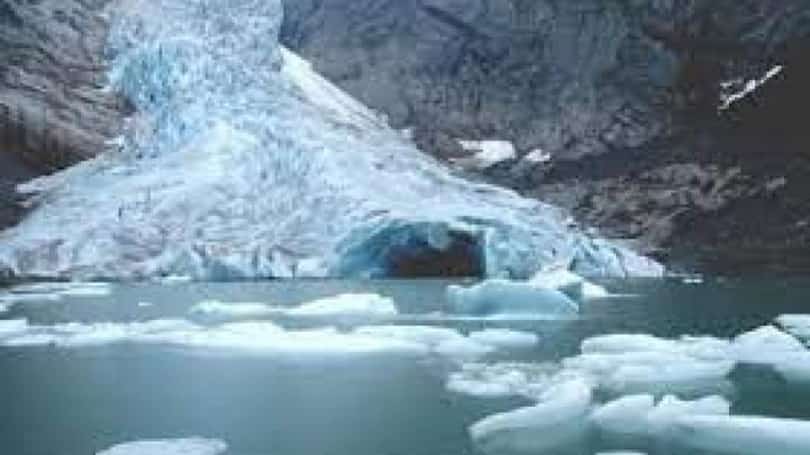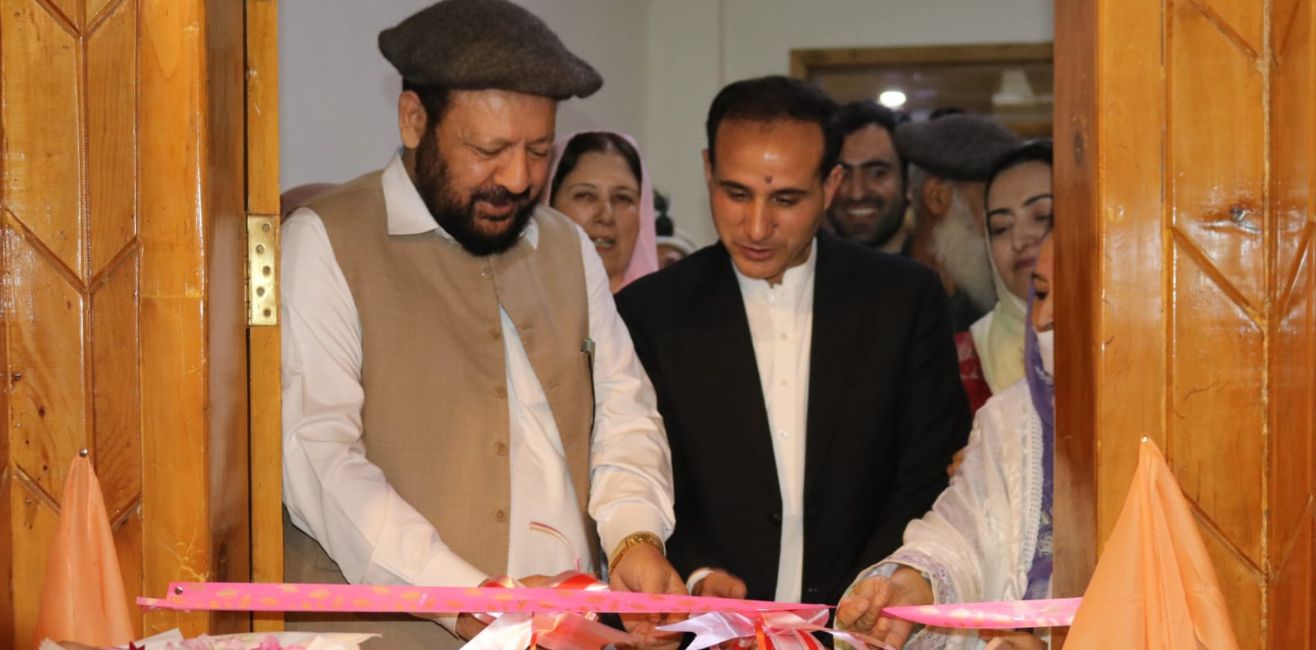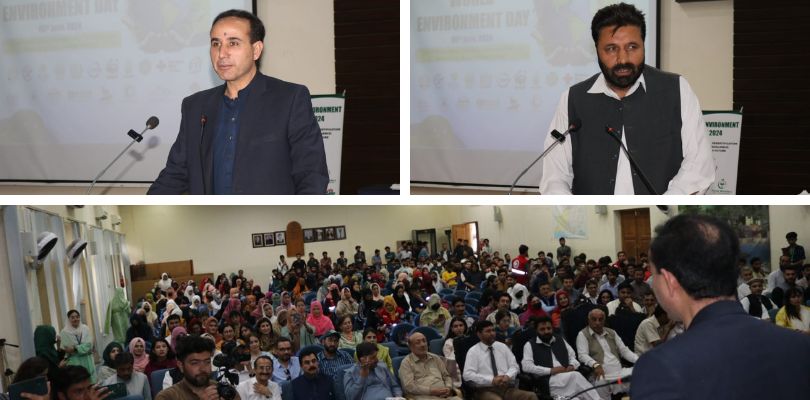By C.R. Akbar Shah
Gilgit, May 30, 2022: Gilgit-Baltistan falls under the red zone of climate-induced natural disasters caused by a consistent increase in environmental pollution and global temperature.
GB is a mostly forest deficient area except for the Diamir district which has the largest area of natural forests in the mountainous region. One of the reasons for the absence of natural forests in GB is its location outside of the monsoon range.
According to experts, in order to mitigate the effects caused by natural disasters, at least 40% of the area in GB needs to be forested. However, only 5% of the area contains natural forests. Contrary to the claims of aforestation, there has been no improvement.
Forests can be instrumental to counter the likely impacts of climate change. Unfortunately, there is no proper mechanism for the preservation of forests in Gilgit-Baltistan at present. Deforestation in the forest-rich areas is high without any check. A criminal nexus between the forest departments, influential people, and the timber mafia has further exacerbated the situation.
Other factors contributing to climate-induced challenges include the absence of a sewerage system, cutting down of forests for firewood and construction, use of polythene bags, etc. Resultantly the ecosystem of the region is at risk of being destroyed.
Gilgit-Baltistan has the largest water reservoirs outside the polar region. Rising global temperature and climate change are a real threat to these precious water reserves of the world. Over past years, the region has observed hundreds of glaciers, spread over hundreds of kilometers, are shrinking at a fast rate. Similarly, the level of glacial lakes is increasing at high speed causing glacial outbursts.
77% of Pakistan’s irrigation depends upon River Indus originating from the water reservoirs in the Karakoram mountains. Floods caused by facial outbursts and the meltdown of glaciers with an unprecedented rate of speed will cause human, agricultural and economic loss in the near future and drought conditions in the long run in the Indus basin.
Although climate change-induced destruction is fast becoming a reality in GB, the concerned departments seem unmoved to taking any concrete steps. There is a lack of resources at the local level in GB to counter the likely dangerous impact of climate change. There is a need for the provision of resources from the federal government on a sustainable basis.
To aggravate the problem further, there is no ministry of environment in GB to monitor to take any preemptive steps. There is only one institution called Gilgit-Baltistan Environmental Protection Agency (GB-EPA), without any resources.
Despite being in the red zone, there is no crisis management cell in GB. The local populace is at the mercy of resources deficient and unprepared GB-EPA in the face of frequently occurring natural disasters. The agency need to be equipped with the required resources, i.e. the latest machinery, and well-trained staff.
The occurrence of natural disasters, e.g. glacial outbursts, flooding, landslides, etc. is becoming a frequent phenomenon with destruction to infrastructure, agriculture, and property of people. The negligence on part of both GB and Federal governments is equivalent to leaving people at the mercy of the monster of climate change.
To save GB from climate-triggered destruction, a halt to deforestation, increasing forested areas and making alternative arrangements for firewood are of utmost importance. Similarly, all stakeholders ought to work together on making a robust plan along scientific lines. The role of the state and state institutions is pivotal in the provision of the required resources.
There is little awareness of climate change and its likely impact at the mass level. The role of mainstream media is also deplorable in creating awareness and getting the attention of concerned authorities and the national politic regarding the threatening situation of climate change. There is a dire need for research-guided reporting via print, electronic and social media.
After the inauguration of the Diamir-Basha Dam, Sparco and other experts declared the dam a threat to the ecosystem in the region. Unfortunately, this warning fell on deaf ears of the institutions. The disproportionate increase in motor vehicles has increased pollution levels to dangerous levels.
Due to the absence of a sewerage system, the sewerage water is directed toward rivers and streams. People use the river and stream water without any filtration.
These all factors become a cause of environmental pollution which are hitherto go unnoticed by the concerned authorities and society at large.














